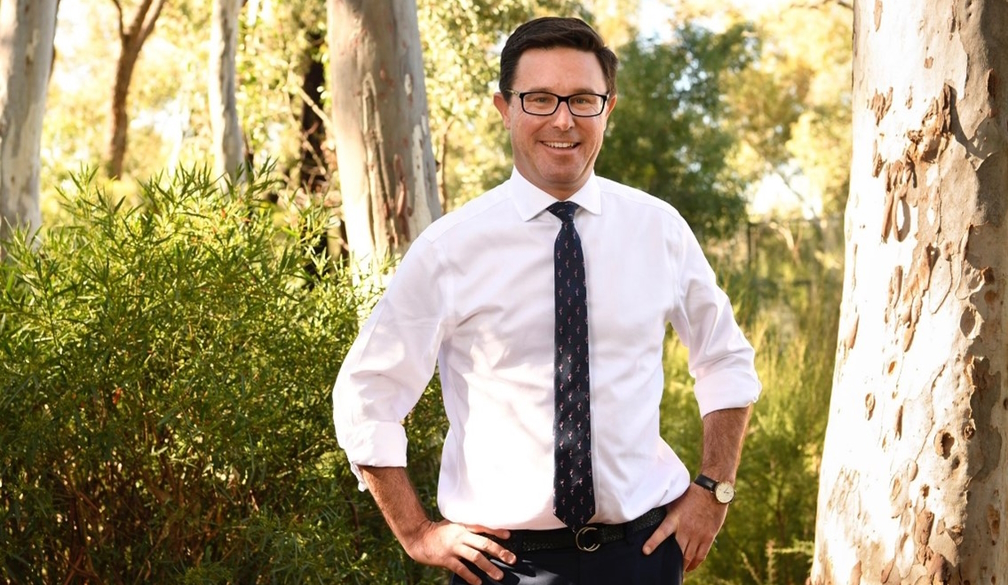Australians who think inequality is high have less faith in democratic institutions: study
- Written by Nicholas Biddle, Professor of Economics and Public Policy, ANU College of Arts and Social Sciences, Australian National University

Central to Australia’s cultural and political identity[1] is the notion of a “fair go[2]”. But recent elections, including in the United States, have highlighted the challenge of maintaining shared norms and support for institutions when many voters don’t believe they’re getting a “fair go”.
Australia has maintained a reasonably high satisfaction with democracy[3]. However, this satisfaction is slipping[4].
Our study[5], published by the Australian National University in partnership with the Department of Home Affairs Strengthening Democracy Taskforce[6], explored this issue further. We analysed how perceptions of income inequality relate to satisfaction with democracy.
We found concerns about income inequality in Australia are strongly related to dissatisfaction with democracy. This suggests Australia’s satisfaction with democracy is at risk. It may erode further if voters think the major parties aren’t sufficiently responsive to the economic pressures they are under.
What we did and what we found
We analysed results of two large, broadly nationally representative surveys undertaken online:
These datasets allowed us to make comparisons through time, and with other countries in the region and globally.
Data from one of our surveys – the Asian Barometer Survey – suggests Australians are quite likely to think levels of income inequality are too high.
In both 2018 and 2023, respondents were asked:
How fair do you think income distribution is in Australia?
More Australians think income distribution in Australia is unfair or very unfair (60.5%) than think it is fair or very fair.
This gap has widened slightly since 2018, particularly in terms of those who think the distribution is very unfair (as opposed to just unfair).
Over a number of years, we asked respondents to both surveys:
On the whole, are you very satisfied, fairly satisfied, not very satisfied, or not at all satisfied with the way democracy works in Australia?
From March 2008 to January 2023, satisfaction with democracy was quite stable.
Between January and October 2023, however, there was a more than doubling in the proportion of Australians who were not at all satisfied in democracy.
There was also:
- a smaller increase in those who were not very satisfied
- a small decline in those who were fairly satisfied, and
- a large decline in those who were very satisfied.
This is likely to be, at least in part, related to the Voice referendum[7].
In the three months that followed the referendum, there was a partial return to the levels of satisfaction with democracy observed over the longer-term.
Combined, 30.3% of Australians were not at all or not very satisfied with democracy in January 2024 (compared to 34.2% in October 2023).
This is still well above the January 2023 levels of dissatisfaction (22.9%) and even more so the March 2008 levels (18.6%).
How people see inequality affects their view of democracy
The Department of Home Affairs’ 2024 Strengthening Democracy report[9] describes Australia’s democratic resilience as “strong, but vulnerable”. It states that
community concerns about economic inequality are connected to a waning sense of national belonging.
Our paper found strong empirical support for this statement.
There is a very strong relationship between views on income inequality in Australia and views on democracy.
In the Asian Barometer Survey, only 51.2% of Australians who think the distribution of income is very unfair are satisfied or very satisfied with democracy in Australia.
This increases to 77.8% of those that think it is unfair, 87.1% of those that think it is fair, and 95.8% of the very small share of Australians that think the distribution of income is very fair.
In other words: the more fair you think Australia is, the more likely you are to be satisfied with democracy in Australia.
We also found those who support an expansive role for the government, particularly in reducing income gaps, tend to be more dissatisfied with how democracy functions in Australia.
Implications for Australian policy
Overall, we found the Australian population has identified the income distribution in Australia as being unfair, and this appears to be affecting people’s views on democracy.
There are many potential reasons to reduce inequality, including the negative impact[10] inequality has on people’s health, wellbeing, and development.
Inequality could be reduced through progressive taxation, increased or better targeted social welfare spending, and targeted economic support for disadvantaged groups.
Our paper highlights reducing inequality could also help improve people’s satisfaction with democracy.
Income inequality in Australia has not risen as fast as in some other countries. And by some measures, it is relatively low.
Nonetheless, a majority of Australians think the current income distribution is unfair. In other words, that the rich are too rich and the poor are too poor.
There is an opportunity for governments and political leaders that care about maintaining confidence in institutions to do things differently.
They could improve transparency and communication regarding their efforts to reduce income inequality.
As our analysis shows, public perception plays a critical role in democratic satisfaction.
Perceptions of inequality in a country can easily flow into perceptions of democratic institutions. It can affect people’s overall satisfaction with the system.
References
- ^ identity (www.homeaffairs.gov.au)
- ^ fair go (www.pc.gov.au)
- ^ satisfaction with democracy (www.pewresearch.org)
- ^ slipping (doi.org)
- ^ study (csrm.cass.anu.edu.au)
- ^ Strengthening Democracy Taskforce (www.homeaffairs.gov.au)
- ^ Voice referendum (csrm.cass.anu.edu.au)
- ^ AAP Image/Con Chronis (photos.aap.com.au)
- ^ report (www.homeaffairs.gov.au)
- ^ impact (www.amazon.com.au)
- ^ AAP Image/Toby Zerna (photos.aap.com.au)




















